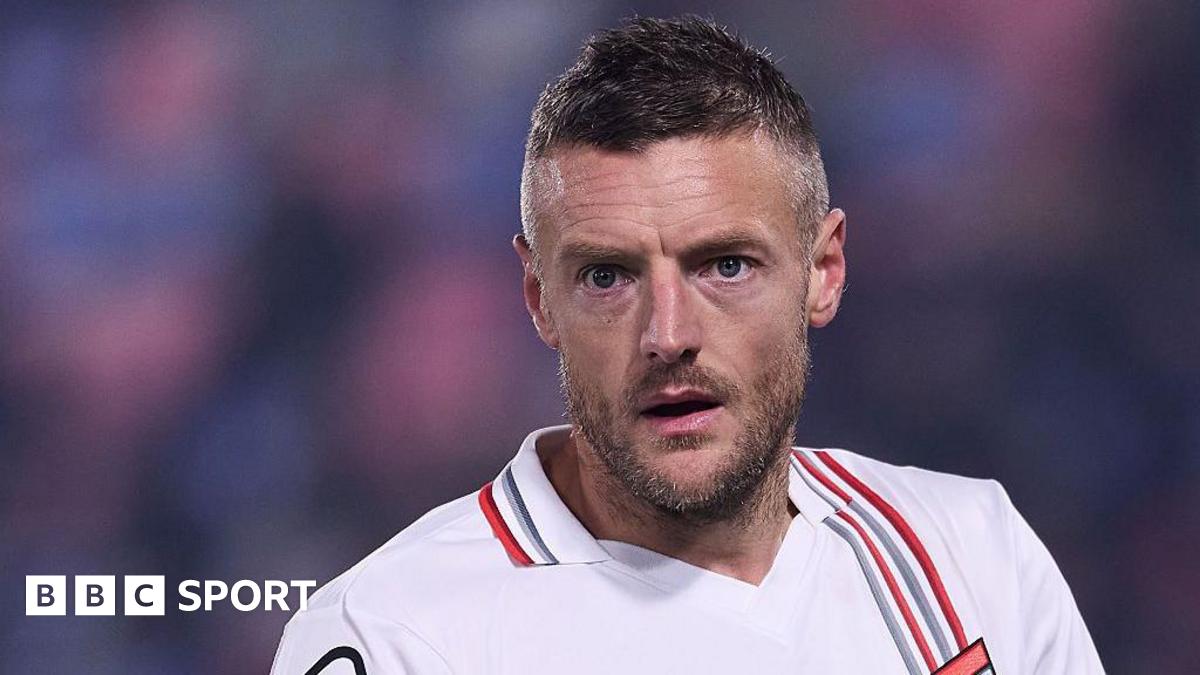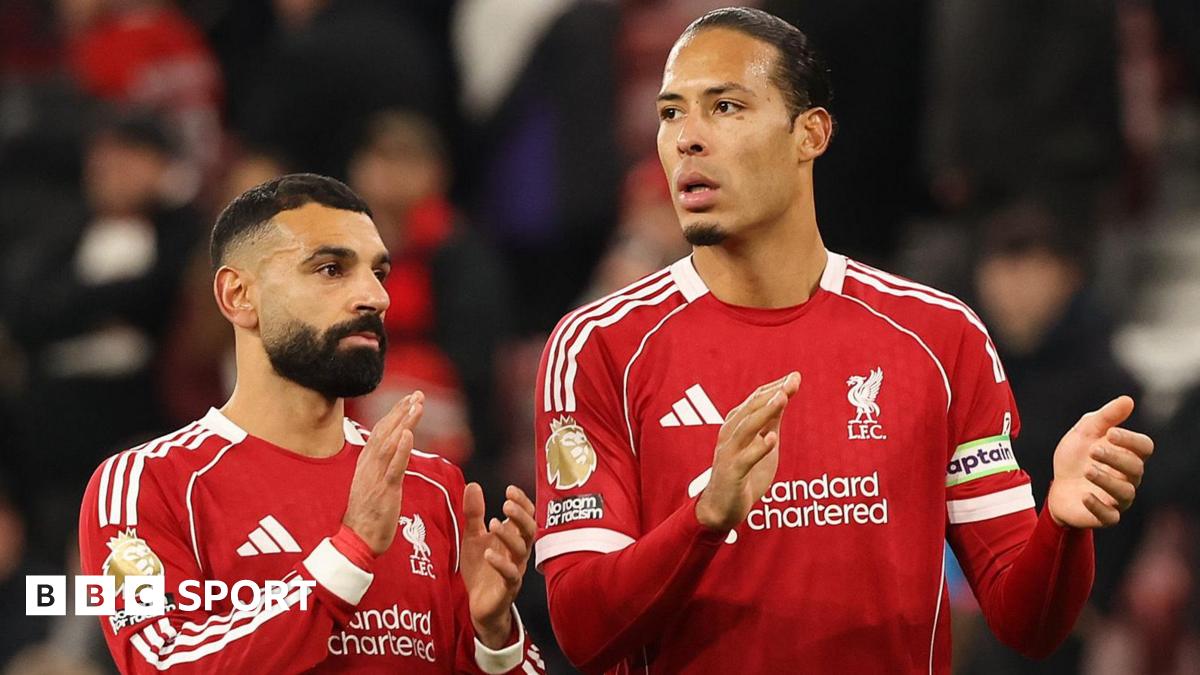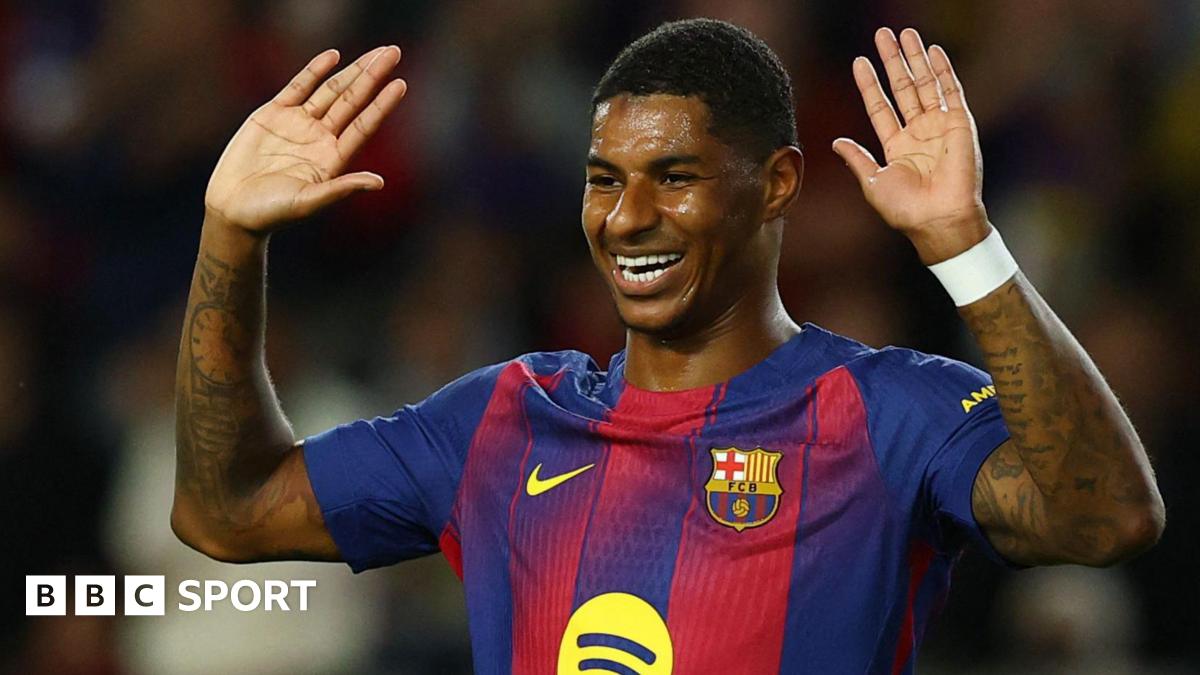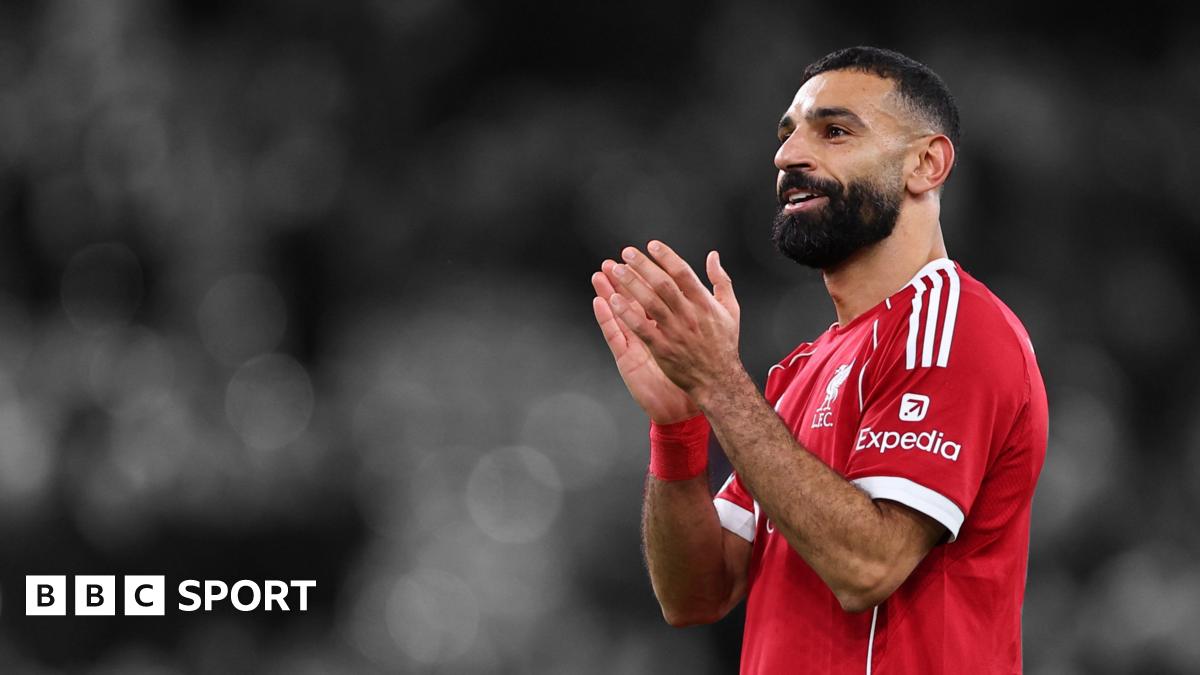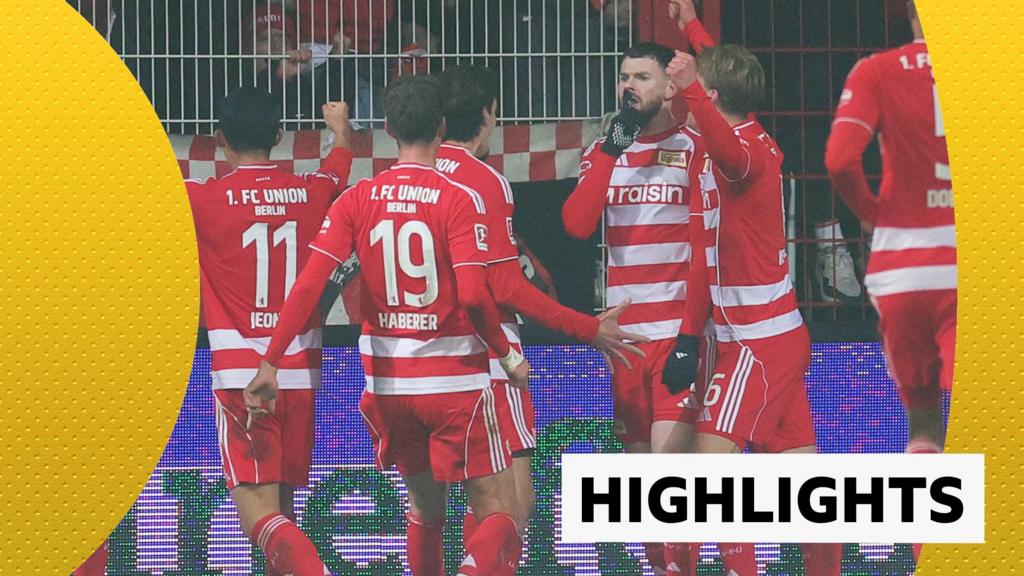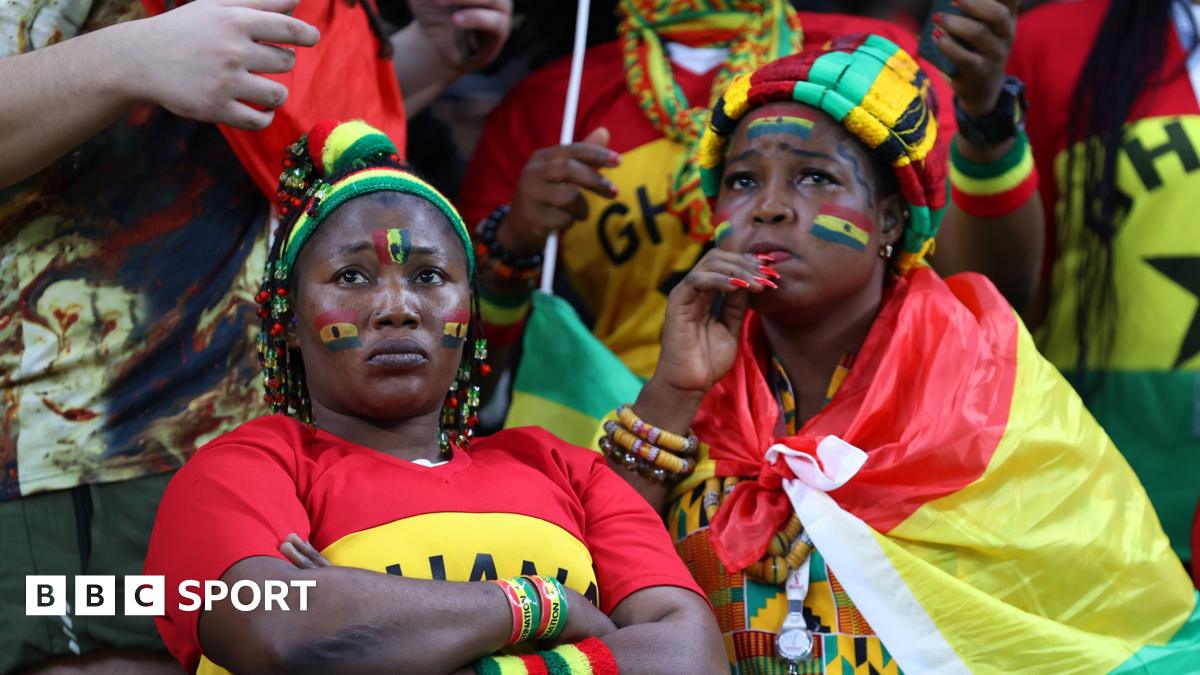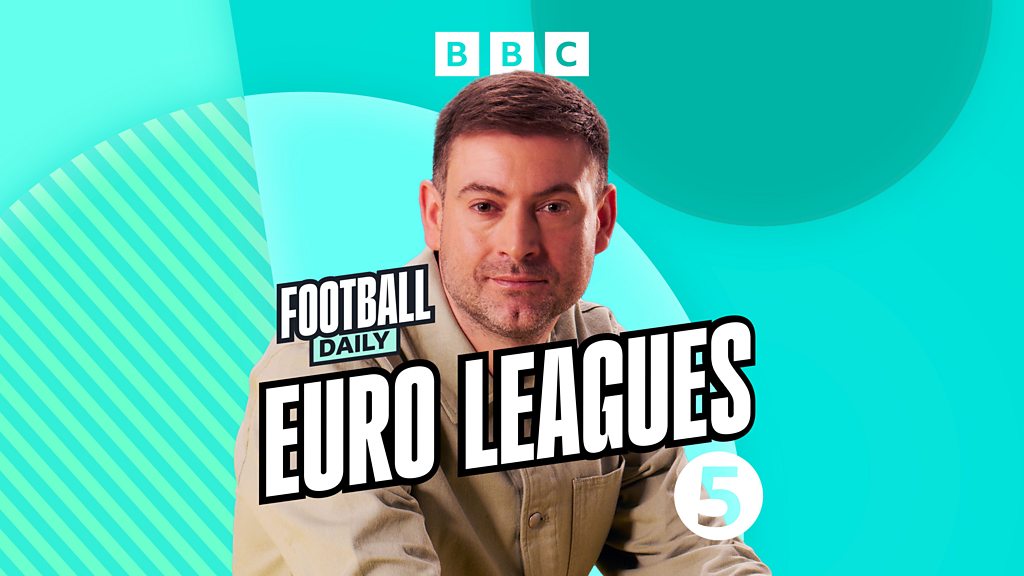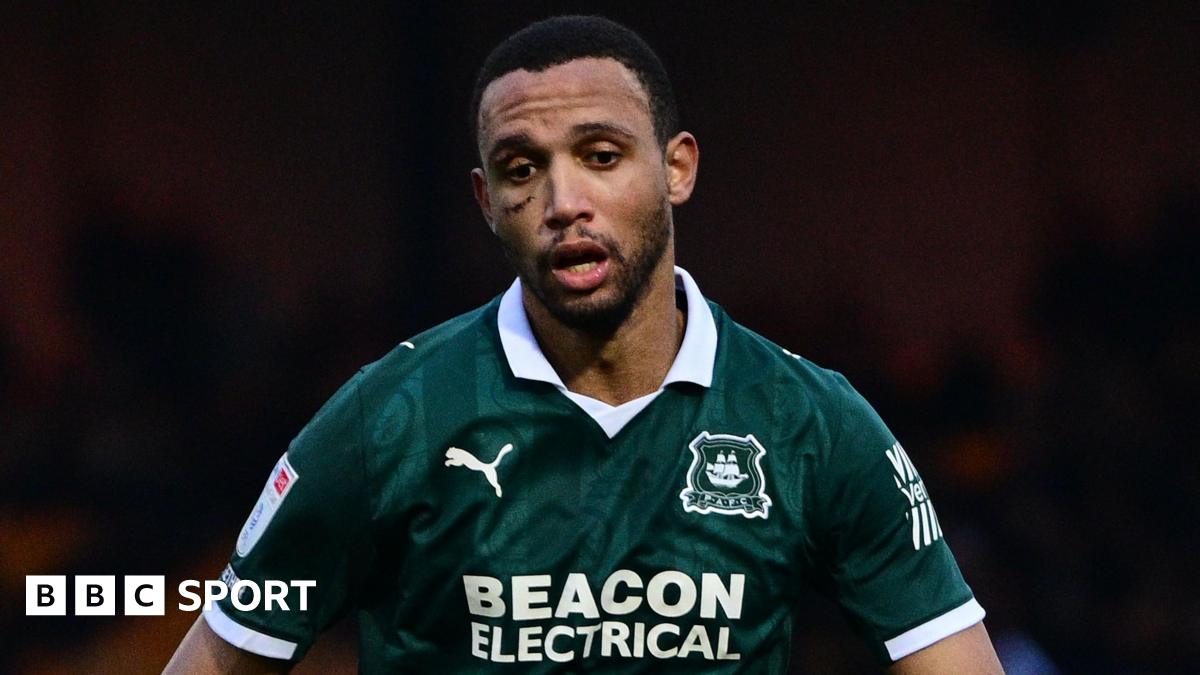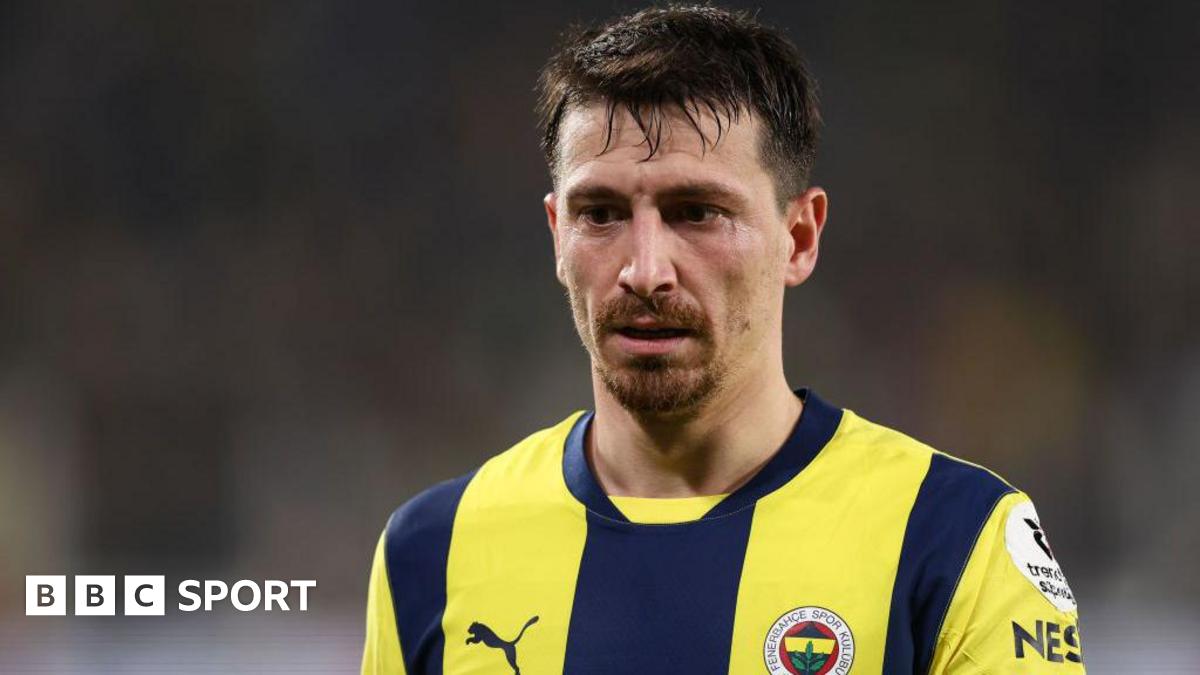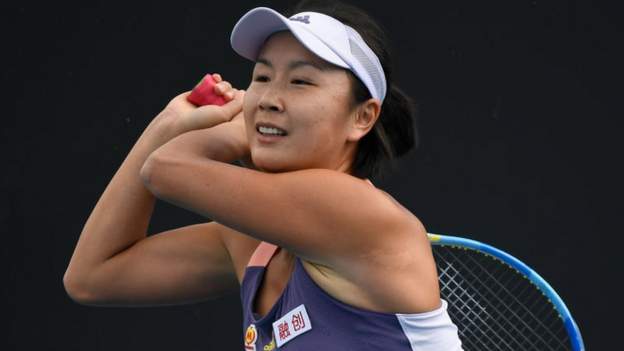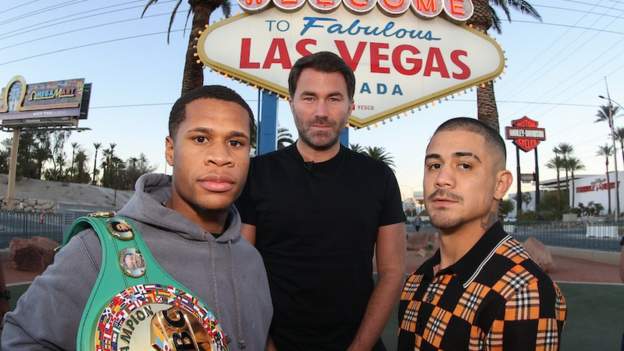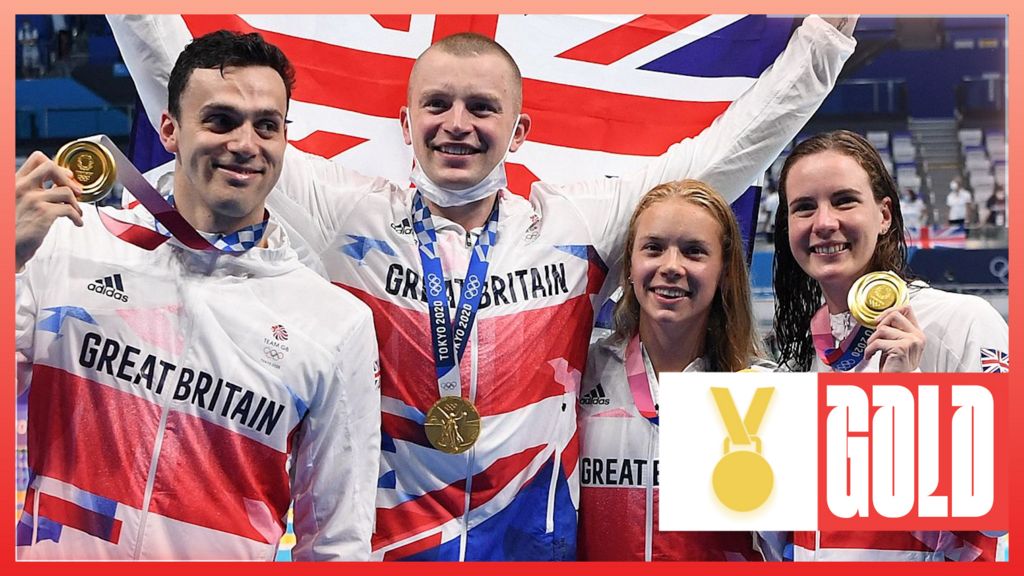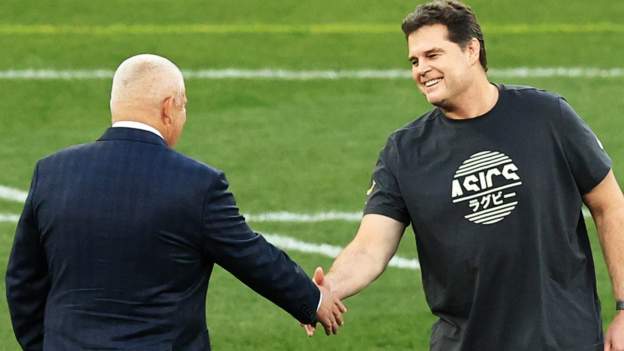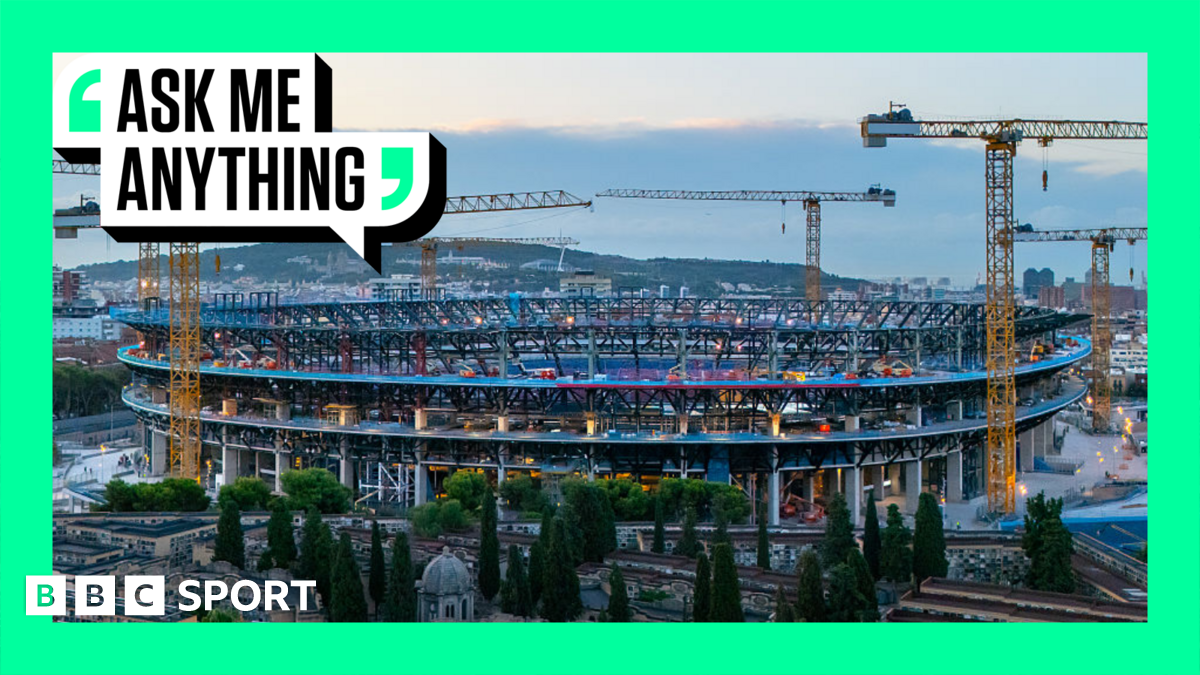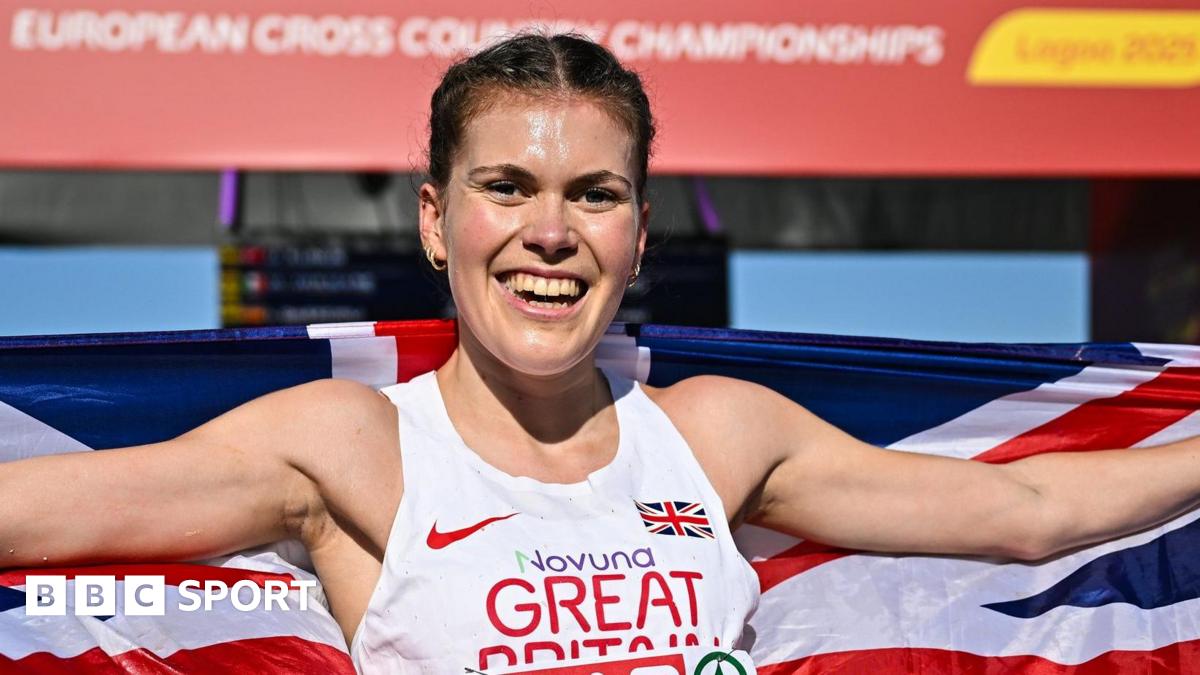The ATP has been criticised for not joining the WTA in suspending tournaments in China amid continued concern for Peng Shuai.
The WTA said it was concerned about risks players and staff could face if it went ahead with events in China.
An ATP statement said the body believes “having a global presence gives us the best chance of creating opportunity and making an impact”.
Martina Navratilova was among those to criticise the ATP’s stance.
Peng, 35, disappeared from public view for three weeks after accusing a top Chinese official of sexual assault.
The WTA suspended tournaments in China, one of its most lucrative markets, because of concern for Peng’s safety on Wednesday.
The International Olympic Committee later said it held a second video call with Peng but shared in concern for her safety.
There had been calls for the men’s ATP Tour to adopt a similar response to the WTA, but it stopped short of suspending tournaments in a statement released on Thursday.
ATP chairman Andrea Gaudenzi said: “The situation involving Peng Shuai continues to raise serious concerns within and beyond our sport.
“The response to those concerns has so far fallen short.
“We will continue to consult with our members and monitor any developments as this issue evolves.”
The statement has been criticised by some for not going far enough.
Eighteen-time Grand Slam champion Navratilova tweeted: “Are we to understand that the ATP would have made the same statement had the player been a male? Somehow I think not.”
Former world number one Andy Roddick said the statement showed “how to say a lot of words and say nothing” while American compatriot Mardy Fish asked: “That’s a statement?”
Britain’s Liam Broady, who tweeted on Thursday asking for “a united response across all organisations” also criticised the ATP.
The sport’s governing body, the International Tennis Federation, also said it would “continue to support all efforts” to address Peng’s allegation.
IOC agrees ‘personal meeting’ with Peng
The IOC says it has agreed “a personal meeting” with Peng in January.
“There are different ways to achieve her wellbeing and safety,” the IOC said in a statement.
“We have taken a very human and person-centred approach to her situation. We are using ‘quiet diplomacy’ which, given the circumstances and based on the experience of governments and other organisations, is indicated to be the most promising way to proceed effectively in such humanitarian matters.
“We share the same concern as many other people and organisations about the wellbeing and safety of Peng Shuai. This is why, just yesterday, an IOC team held another video call with her.
“We have offered her wide-ranging support, will stay in regular touch with her, and have already agreed on a personal meeting in January.”
The governing body of world tennis, the International Tennis Federation, said its primary concern was Peng’s wellbeing.
“The ITF stands in support of all women’s rights,” a short statement read.
“The allegations Peng made must be addressed. We will continue to support all efforts being made to that end, both publicly and behind the scenes.”
The IOC originally held a video call with three-time Olympian Peng on 21 November and a video appeared to show her attending an exhibition tournament in Beijing over the same weekend.
Her disappearance, after accusing former Vice-Premier Zhang Gaoli of sexual assault, had prompted widespread concern, with international sports stars and governments calling on China to provide proof that she was safe.
The IOC said Peng “appeared to be safe and well” during the November call and said this was “reconfirmed” on Wednesday.
The WTA has said Peng’s November video call was “insufficient evidence” of her safety.
Steve Simon, the organisation’s chairman, has spoken of being “greatly concerned” about the risks players and staff could face if events were held in China in 2022.
Simon told BBC Sport he was worried about the financial implications of not playing in China, but that Peng’s case was “bigger than the business”.
Peng won Grand Slam doubles events at Wimbledon in 2013 and the French Open in 2014.
Since her disappearance, tennis stars including Serena Williams, Naomi Osaka and Novak Djokovic have raised concern over her whereabouts.
‘A stronger second call’ – analysis
Robin Brant, BBC China correspondent
This statement is stronger than what we had from the IOC following that Zoom call between Thomas Bach and Peng Shuai just over a week ago.
It seems the IOC is trying to defend its position as an intermediary.
There was strong criticism towards the IOC as being seen as an extension of the Chinese state following the original Zoom call.
The IOC is trying to be non-political but at the same time both it and the Beijing authorities want to have a Winter Olympics there in February that goes off well and shows the world that China can once again host these Games.
However, their biggest concern in China, frankly, is about Covid and the ongoing talks and possible threats about some sort of diplomatic boycott, with the US leading the charge on that.

